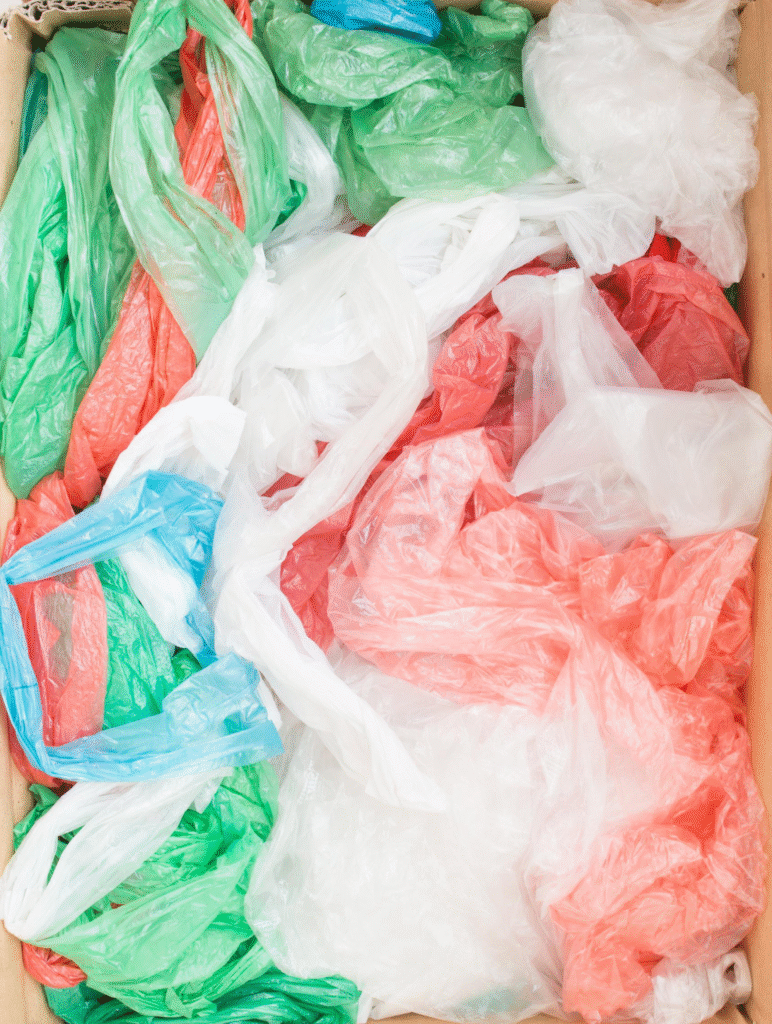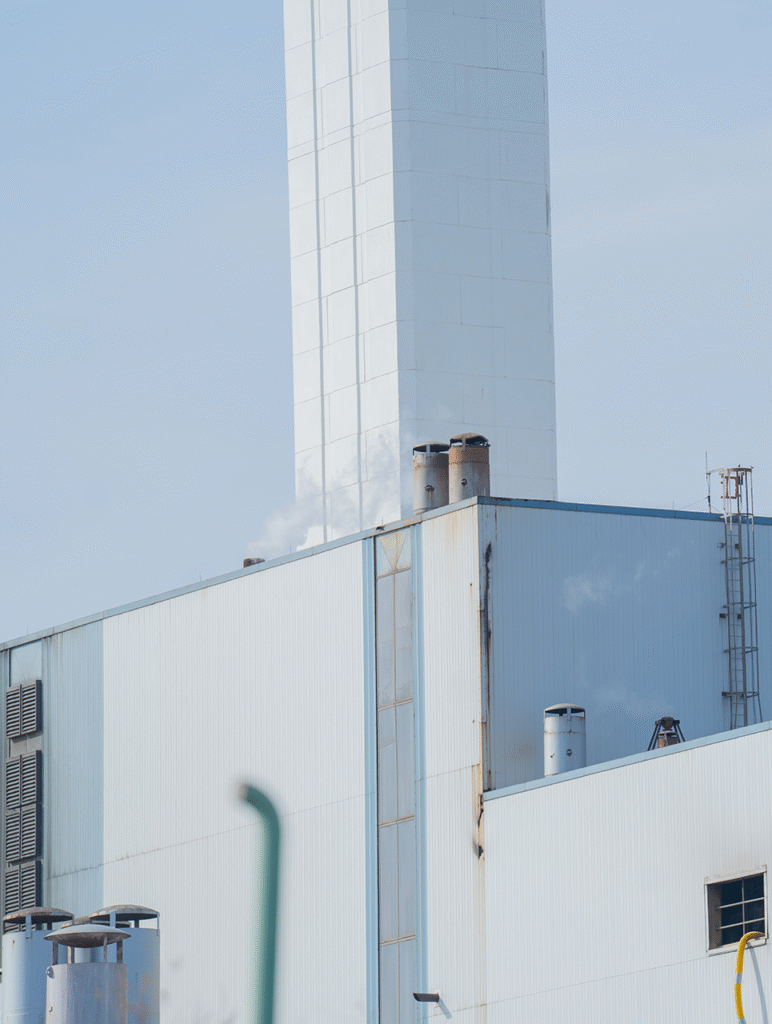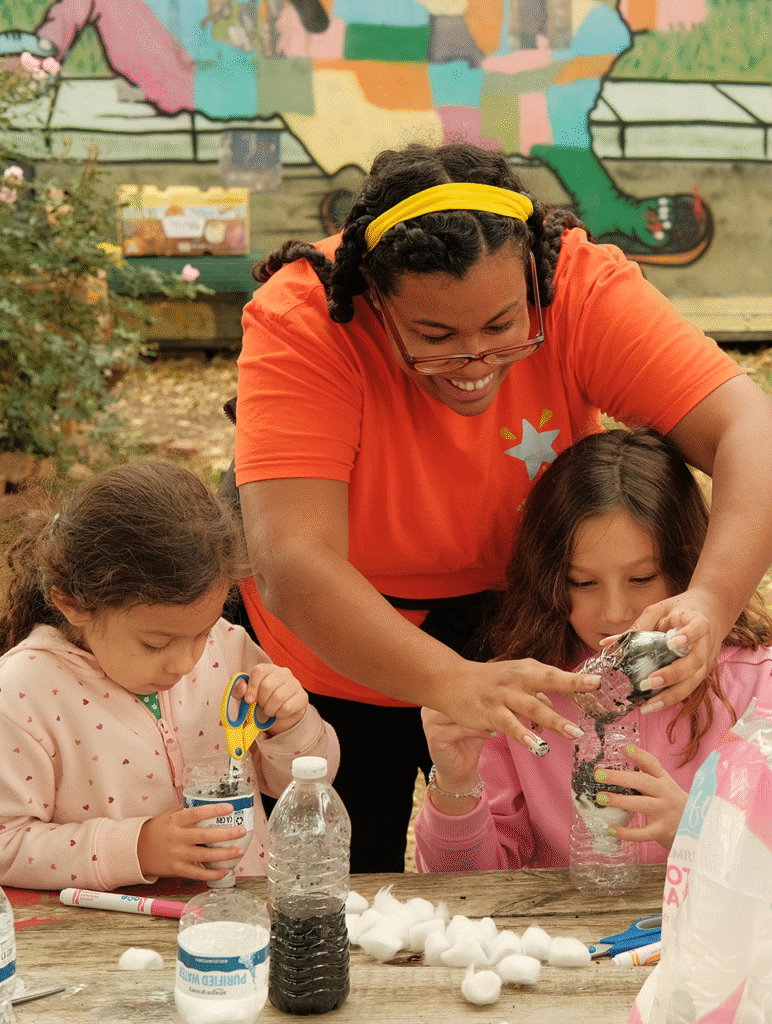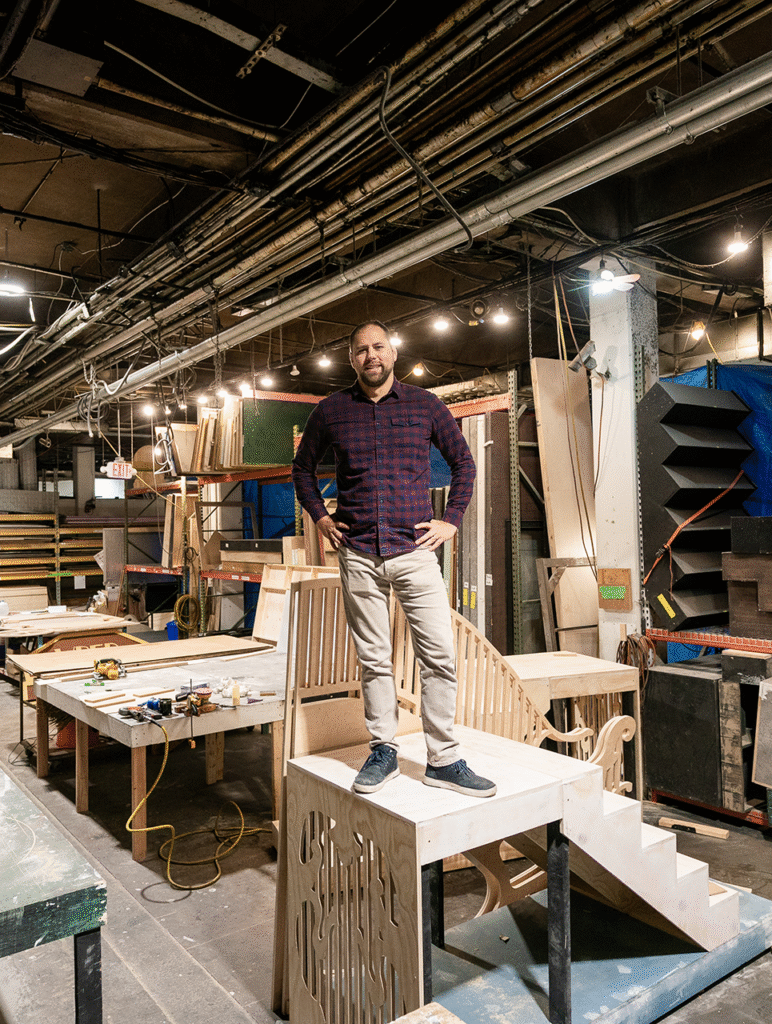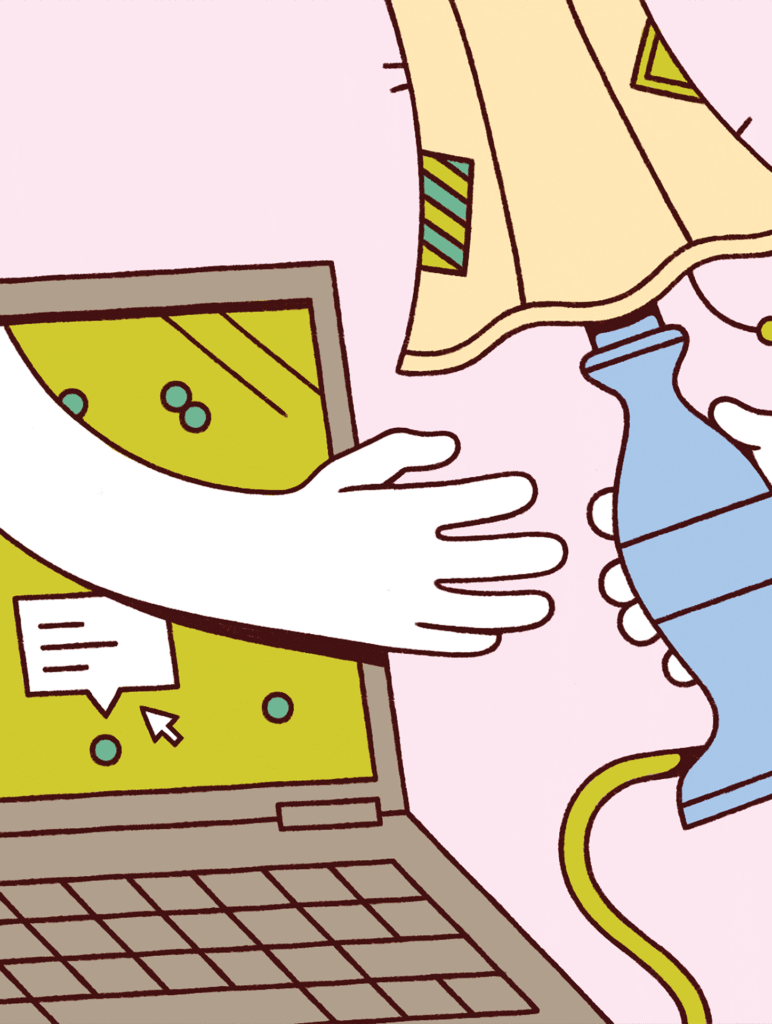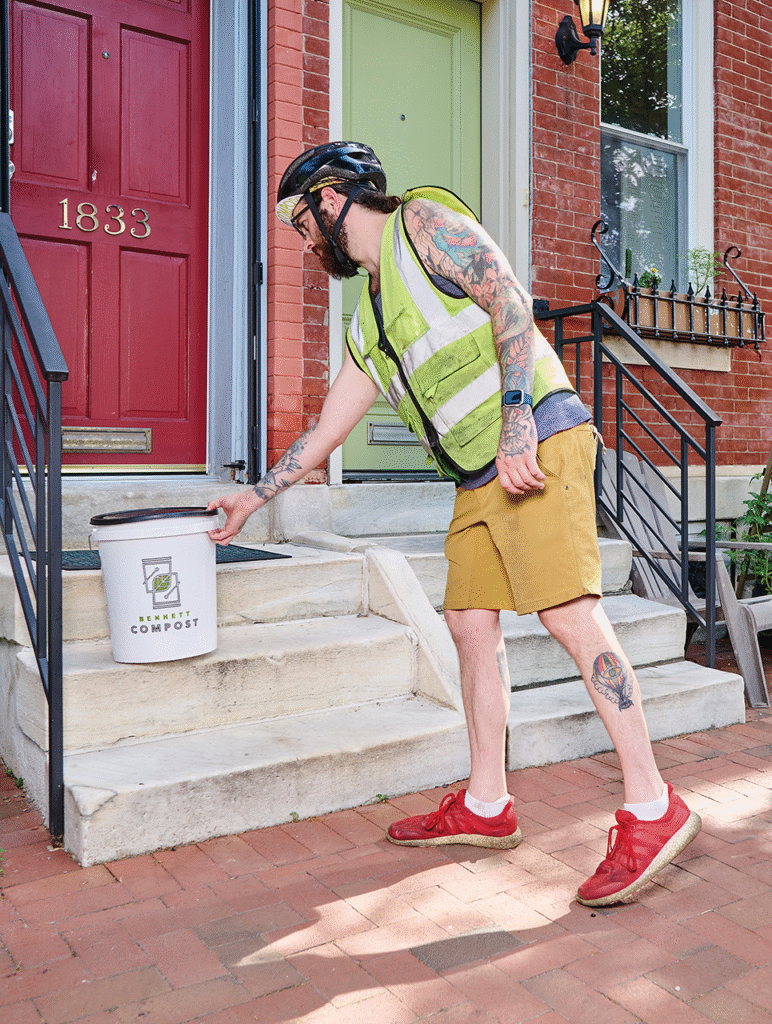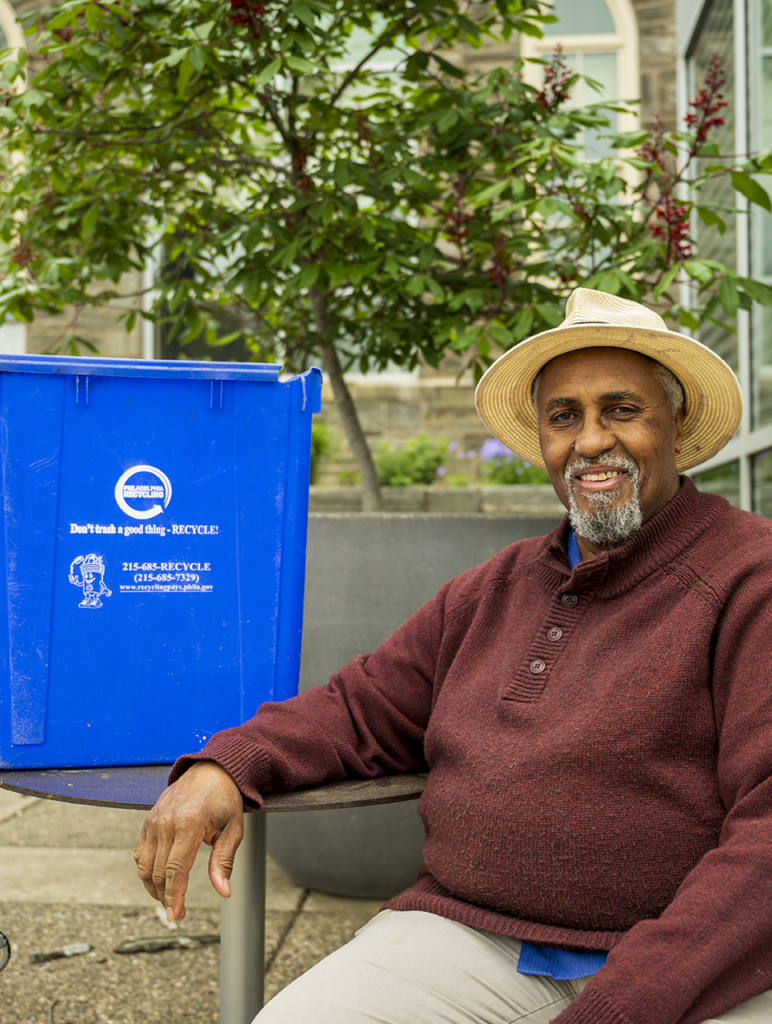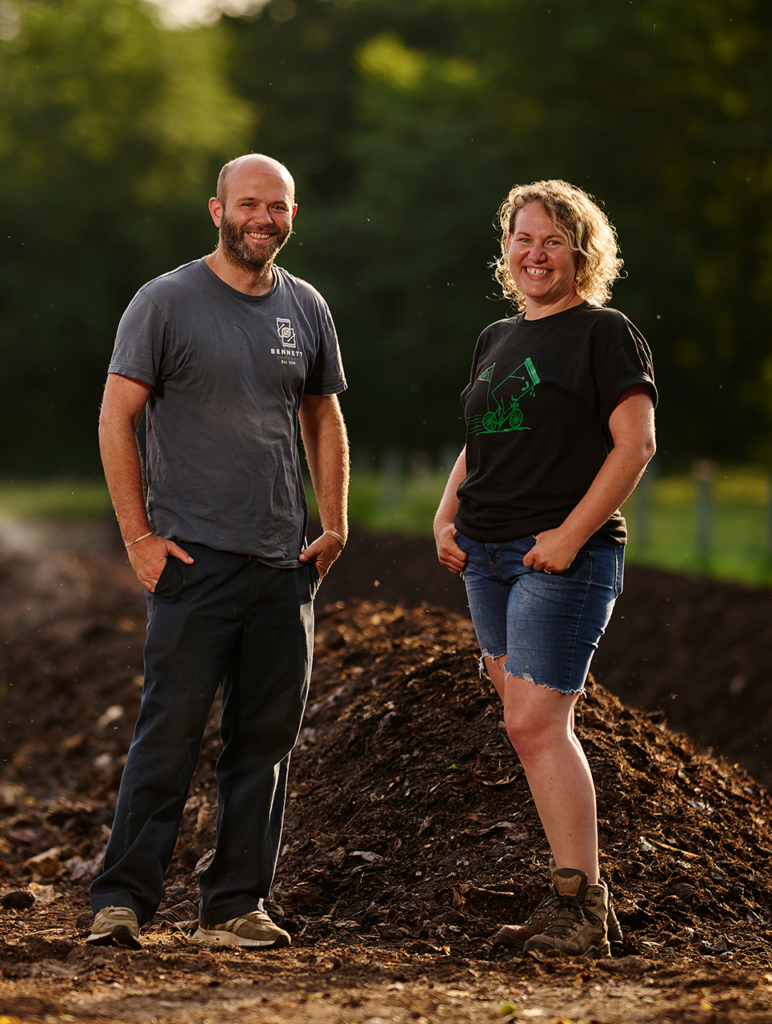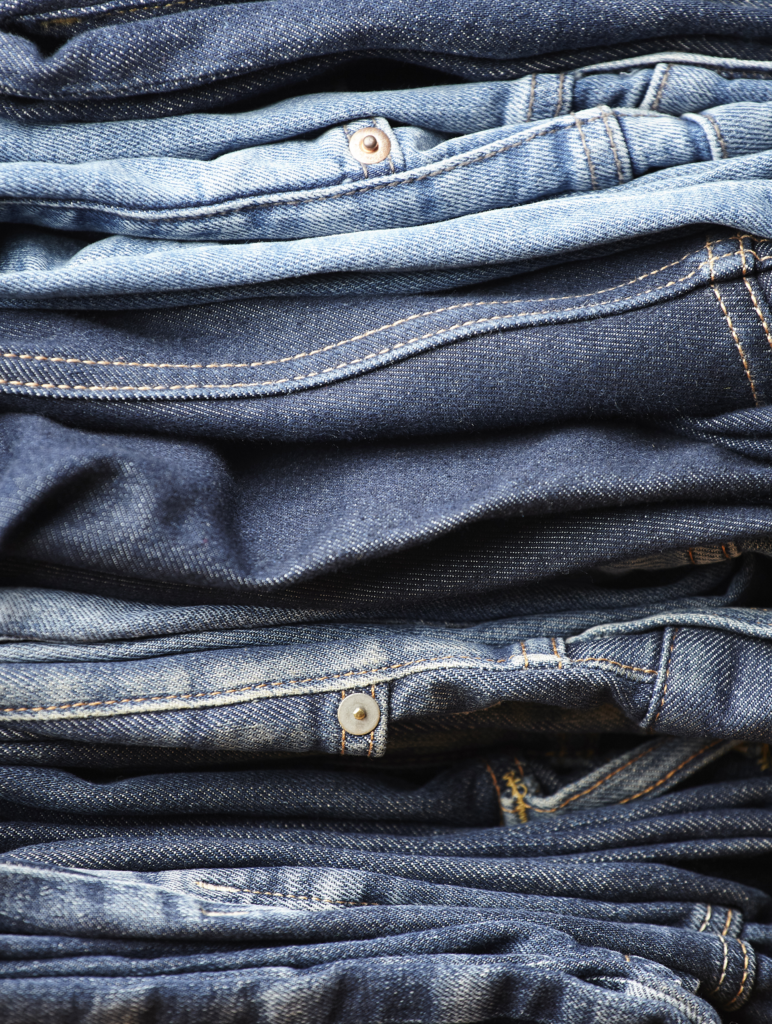This story was originally published by The New Lede. When Philadelphia filed a lawsuit in September 2025 alleging two prominent companies were engaged in a “coordinated campaign of deception” regarding the recyclability of their plastic film products, the City joined a growing group of state and local governments hoping litigation can help stem a rising
MoreIn June 2026, Philadelphia’s current solid waste and recycling contracts are set to end, and a coalition of policymakers, industry professionals and advocates hope to use the contract expiration as a lever to fundamentally shift the City’s waste management practices toward circular approaches that include reuse, recycling, repair and composting — while addressing environmental justice
MoreOn Saturday, Oct. 26, North Philly-based artist and children’s books author Alyssa Reynoso-Morris hosted a DIY water purification event at North Philly Peace Park. This was the final event of a three-part series called Stories Grow Here, organized by the Barnes Foundation. The series is a part of Barnes North’s Everyday Places Artists Partnerships, which
MoreWhen local productions need a feather boa to add to a costume or a vintage phone to serve as a prop, they know just where to look: to their fellow theater colleagues. The aptly named Resource Sharing Committee brings the Greater Philadelphia theater community together to share their materials for productions. The committee’s website has
MoreThere are a lot of materials in our lives — from fabric to furniture to fire extinguishers — that can find continued usefulness outside of the waste stream. That’s the idea behind resourcePhilly (resourcephilly.org), a new website that helps residents figure out where to donate, repair and recycle unwanted items responsibly. Created by Circular Philadelphia,
MoreMy last three columns have focused on ways that Philadelphia could launch or expand food scrap drop-off programs. And drop-off programs are the place to start. They build awareness, provide an option for motivated citizens who can’t afford private collection services, and they have relatively low operation costs. But when I saw that Washington, D.C.,
MoreIt has been five years since the pandemic disrupted Philadelphia’s recycling program, leading to service delays that stretched on for weeks and consigning the contents of so many blue bins into trash trucks headed for the landfill. “That was the first huge blow for an already beleaguered system,” says Nic Esposito, former director of the
MoreIn last month’s issue, I wrote about how Philly could start a City-run composting drop-off program. Unfortunately, the City might not have the staffing to mount such an effort. Forty years ago, when the City was launching its recycling program, it had 23 employees in its recycling office. Today, the Department of Sanitation has two.
MoreAre you tossing those pants because you wore them out, or just because you don’t wear them anymore? The modern fashion industry treats clothing as disposable, and it is tempting for us to do the same. Big box stores and multinationals make money selling you way more than necessary. Really, how many pairs of pants
MoreI started Bennett Compost 16 years ago with the goal of making composting easy and accessible for Philadelphians. From the moment we started, people asked, “When do you think Philly will offer composting to every household like trash and recycling?” I used to say, “Ten years at the earliest.” Sixteen years later, my answer hasn’t
More
